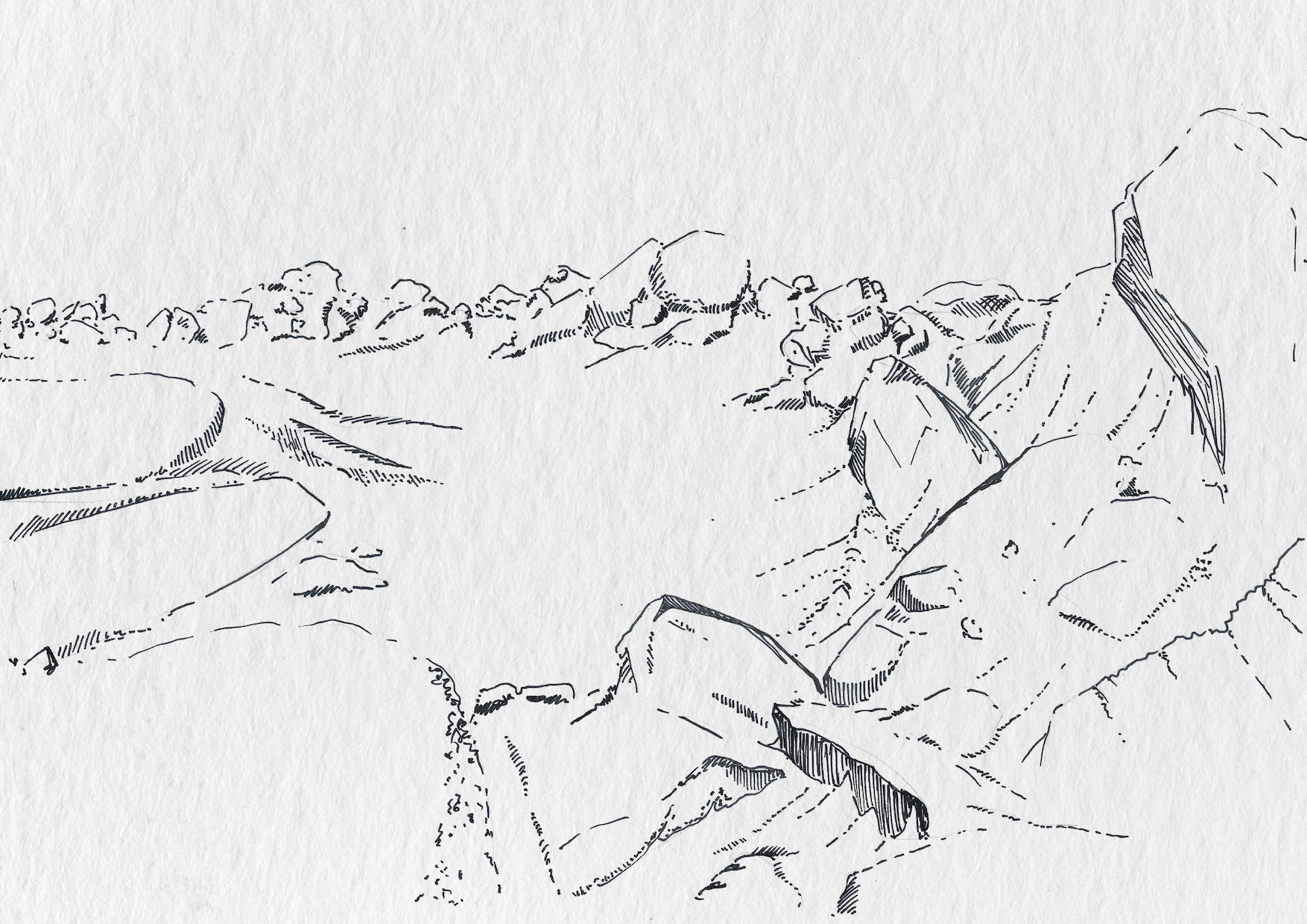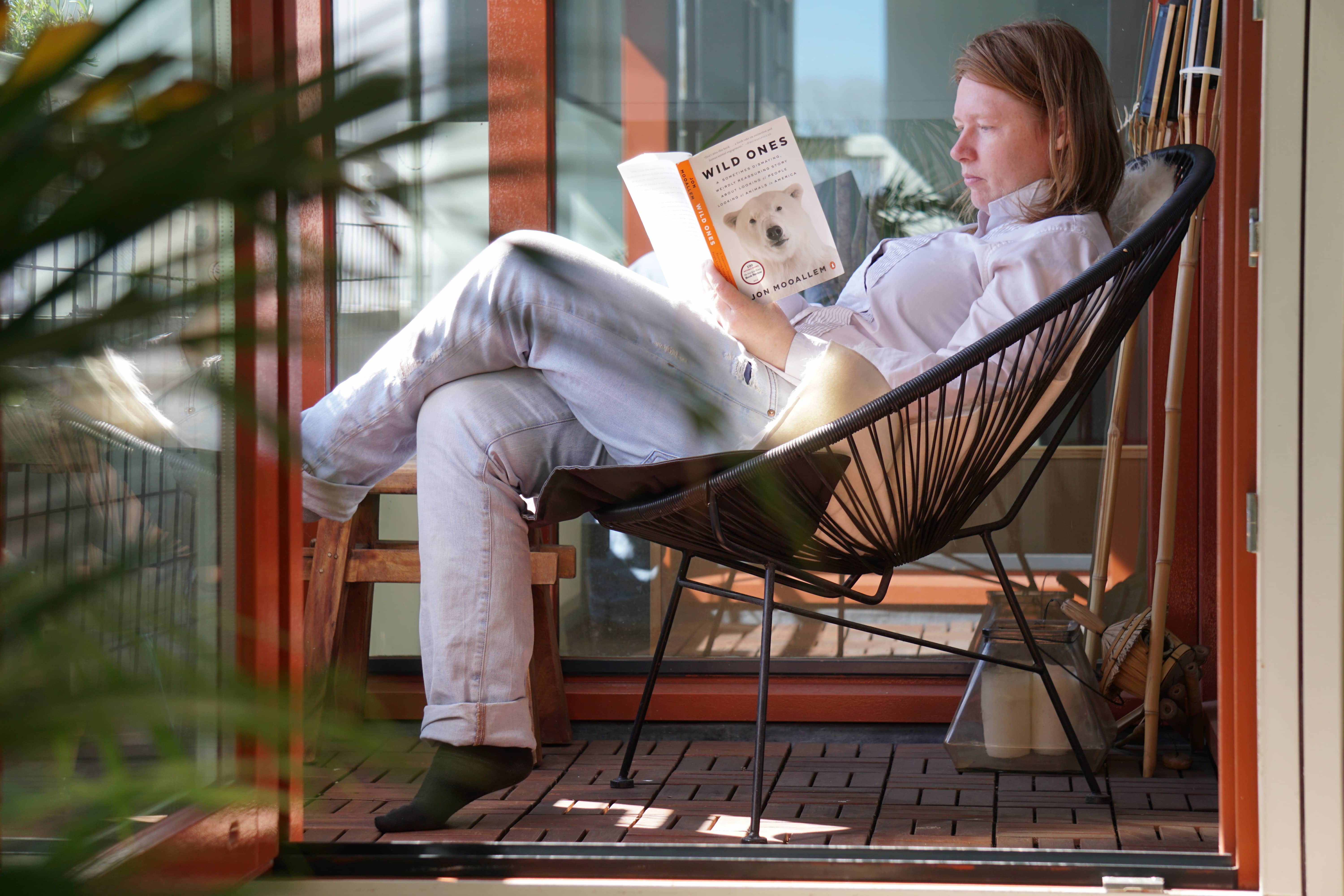Covid-19

The "ice-pressure ridge" reminds us that agency is not a property that is possessed by individual readers, researchers and authors. Our ways of becoming knowledgeable always correspond intra-dependently with conditions that are set by many other agential forces, both human and non-human.
When the spread of Covid-19 was declared a pandemic it shaped an ice-pressure ridge that was so immense, that it not so much required me to redirect- as it asked me to re-locate.
Once again.
Making a New Home
In 2019, at the start of my doctoral studies I had relocated from Amsterdam, the Netherlands, to Ka'tarohkwi (the area known as Kingston, Ontario) on the traditional homelands of the Haudenosaunee, Anishinaabek and Huron-Wendat nations.
I arrived ready to commit- aspiring to make Kingston my new home.
Which it became, in multiple ways, over time.
The building of these relationships became somewhat more complicated from 2020 onwards, however . The COVID-19 pandemic ended up uprooting me from all my home-bases, both Dutch and Canadian.
The Netherlands in Isolation
After the Covid-19 pandemic broke out, I initially chose to take shelter in my country of origin; the Netherlands. I stayed there for three months.
I moved in with my sister and her family to save money. I slept on an airbed and shared a room with my 2-year old nephew. It was nice to be close to family. I preferred it above self-isolating in an apartment.

Nevertheless, my commitment to be present, and make a new home in Canada- combined with the financial stresses of maintaining two home-bases- eventually drew me back to Ontario at the first seemingly reasonable opportunity.
Kingston in Isolation
The reality of returning to Canada as an international student, during the Covid-19 pandemic, was- while I acknowledge my privilege of being able to stay safe and healthy- rough for me.
Once back in Ontario, I was stuck in my tiny in Kingston apartment by myself, without a university campus to go to, or access to the regions in which I would have to conduct my fieldwork.
I wrote a lot.
Falling In-Between
By June 2021 I had to return to the Netherlands for family matters. During this latter trip, I was offered an affordable apartment in Amsterdam- and decided, considering the ongoing uncertainty of Covid-19 pandemic to accept it.
One month later, In July 2021, I received the news that we could travel to Nunavut again for fieldwork, and Canada slowly started to open up again.
Becoming Nomadic
From July 2021 onward, I continued my PhD in a state of flux. I would come to Canada for fieldwork, and spent an average of six weeks up North each trip. I would then stay, on average, another six weeks in Ontario. Usually I would spend up to twelve weeks back home in the Netherlands, before I would return again to Canada.
This rotation was possible because of being awarded a Canada Graduate Vanier Scholarship, and my decision in September 2020 to purchase a campervan: "Butter". As a result of these two events, my time in Canada took a completely different shape in comparison to what it had been before.
"Return to Cut 1" to learn more about Gjoa Haven's "Voices of Thunder" came to shape after Covid-19 restriction were lifted.
Or,
"Return to Cut 3", to continue tracing other parts of the BearWatch project that I got involved with.
Alternatively,
Return to Cut 1: Voices of Thunder
